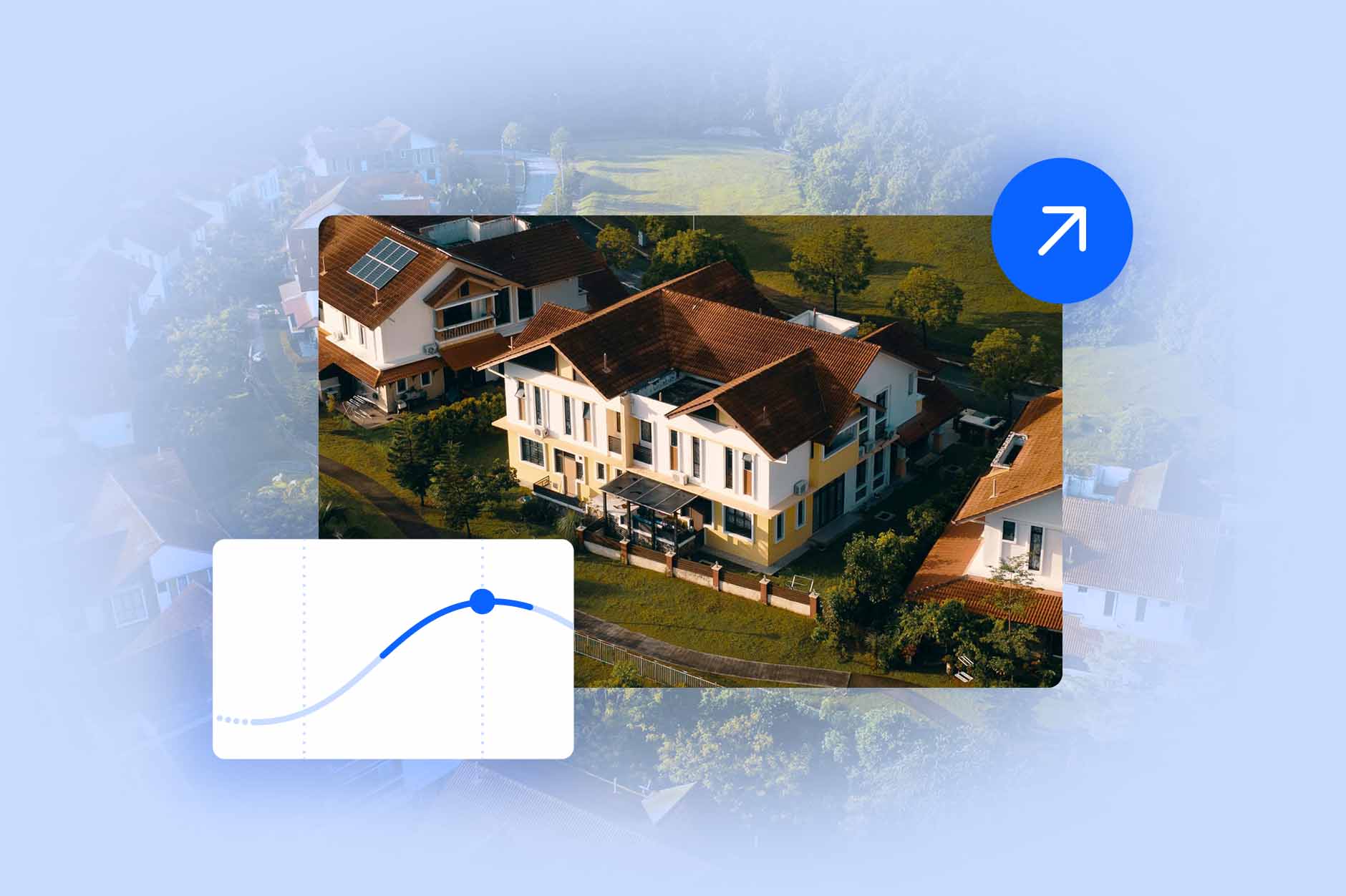
Florida’s residential real estate market is undergoing a period of notable change as 2024 progresses. For both investors and lenders, understanding the current market dynamics is crucial, so we’re providing a detailed look at the latest trends shaping Florida’s housing market, utilizing data from our latest Market Pulse Report.
New Listings and Inventory Levels
As of the week ending July 26, 2024, Florida saw 6,352 new listings. This represents a significant decrease of 14.4% from the previous month and a 7.6% increase year-over-year. Despite the drop from June’s figures, the year-over-year growth suggests a steady influx of new properties entering the market.
It’s also critical to consider inventory levels. Active listing inventory has increased by 52.6% year-over-year, indicating a more balanced market compared to previous years. However, there has been a slight month-over-month increase of 2.4%, which might signal a stabilizing effect in inventory dynamics. This uptick can provide more options for buyers, but also reflects an evolving market where sellers might need to adjust their strategies.
Days on Market and Listing Prices
The median number of days on market before a property goes under contract stands at 52 days, a significant drop from 57 days the previous month and a rise from 46 days year-over-year. This reduction suggests that properties are selling faster, possibly due to increased buyer activity or more competitive pricing strategies.
The median new list price has risen to $460,000, marking a 2.2% increase from the previous month and a 2.6% rise year-over-year. Despite this upward trend, the market is still seeing price fluctuations, with the median price per square foot for new listings also increasing by 2.3% week-over-week. For buyers, this means higher upfront costs, but for sellers, it may indicate an opportunity to capitalize on the current market conditions.
Listings Under Contract and Closings
Listings under contract have decreased by 10.0% from the previous month, reaching 5,143 properties. However, this figure is up 6.7% from the same week last year, showing resilience in buyer interest. Conversely, the number of closings has dropped significantly—10.5% week-over-week, 21.0% month-over-month, and 16.2% year-over-year. This decrease in closings might be attributed to slower closing processes or potential buyer hesitation amidst changing market conditions.
Price Changes and Market Adjustments
The market has seen an increase in the number of listings with price changes, up 0.1% from the previous month and a striking 141.2% year-over-year. Listings with price drops have also surged by 137.8% year-over-year, indicating that sellers are adjusting their expectations in response to shifting demand and competition.
Interestingly, the median days to the first price reduction has remained constant at 25 days, which is a decrease from the 29 days observed last year. This consistency suggests that while price adjustments are becoming more common, sellers are managing these changes within a relatively stable timeframe.
Analyzing the Market with AI-Powered Technology
For those looking to navigate the Florida real estate landscape effectively, leveraging data-driven insights can provide a significant advantage. HouseCanary offers several AI-powered data products that can enhance your understanding and strategic approach:
CanaryAI
CanaryAI is a first-of-its-kind generative AI real estate assistant. Simply ask a question and get instant answers derived from our massive 136+ million property dataset and industry-leading analytics.
Bulk Property Data
Ideal for those needing comprehensive, pre-cleaned property information in a bulk format, HouseCanary’s Bulk Property Data product offers extensive datasets that can be used for analysis and strategic planning.
Real Estate Data API
For developers and tech-savvy users, the Real Estate Data API provides a robust way to integrate real estate data into your own applications, giving you real-time access to market statistics and property information.
Market Insights
This tool provides detailed reports and analyses of market conditions at an MSA- and ZIP-level, helping you stay updated with the latest trends and make data-driven decisions.
Conclusion
Florida’s residential real estate market in 2024 is characterized by fluctuating inventory levels, evolving pricing dynamics, and varying days on market. While new listings and median prices are on the rise, the market also shows signs of adjustment with increased price changes and a notable drop in closings. Understanding these trends is essential for anyone involved in the Florida real estate market.
By leveraging HouseCanary's AI-powered real estate data and insights, investors and lenders can confidently navigate the Florida real estate market. Stay ahead of the curve and make informed decisions with the power of data by your side.
Data Source: This blog post utilizes data from HouseCanary's Market Pulse Report for California, specifically for the week ending June 21st, 2024.
Disclaimer: This blog post is for informational purposes only and should not be considered financial advice. Always consult with a qualified professional before making investment decisions.











.jpeg)












